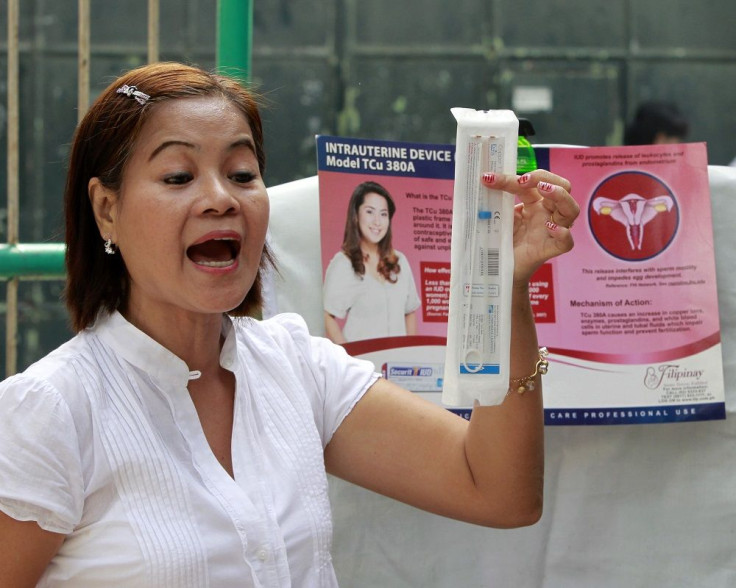FDA to review safety of birth control implant amidst reports of bad reactions in women

A recent analysis conducted by the U.S. Food and Drug Administration, or FDA, has revealed that the number of women who complain of persistent pelvic and abdominal pain after using the sterility device called Essure is on the rise. Due to this, the federal agency has decided to review the safety of the birth control tool.
Since 2011, the number of cases with reported complications associated with the use of the device has grown approximately 20 times. To look into the issue, the FDA has decided to conduct a public hearing on Sept. 24 to listen to the concerns of the women who claim to have suffered serious harm from Essure, the permanent birth control device.
A number of lawsuits are being faced by Bayer HealthCare Pharmaceuticals which acquired Essure in 2013. The product was initially approved by the FDA in 2002, and since then, it has maintained high quality, safety and effectiveness.
However, Bayer officials have acknowledged in the past that a few women might experience health problems after using the device, including nausea, cramping and bleeding. But the percentage of women affected by Essure were reportedly only a fraction of the total number of its consumers, and the benefits of the device clearly outweighed the risks associated with it.
So far, even the FDA has agreed with the pharmaceutical company. A thorough review of the past literature reportedly has not provided enough evidence for the FDA about the definite risks associated with the use of the device. Still, the agency has decided to continue monitoring Essure “to make certain that its benefits of providing women with a non-incisional sterilisation choice continue to outweigh its risks.”
According to Bayer, the device is 99 percent effective if it is inserted properly. Essure is inserted into a woman's Fallopian tubes by a medical practitioner, a technique which renders her sterile. It is one of the permanent birth control methods, in addition to traditional tubal litigation and other methods.
Contact the writer at feedback@ibtimes.com.au, or let us know what you think below.






